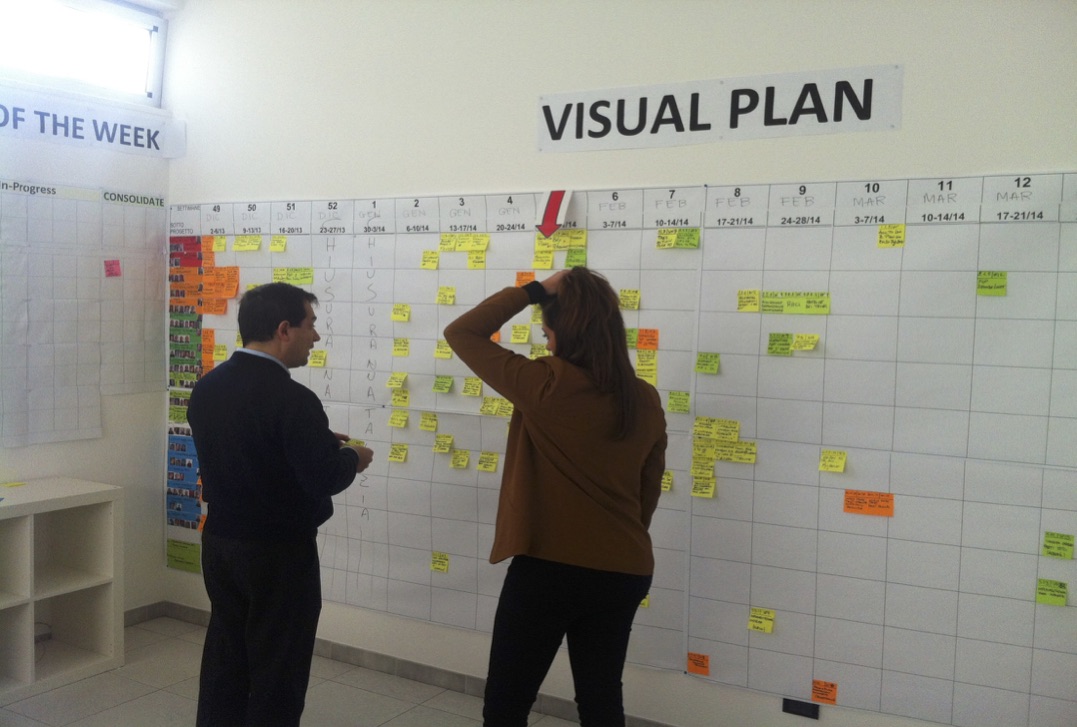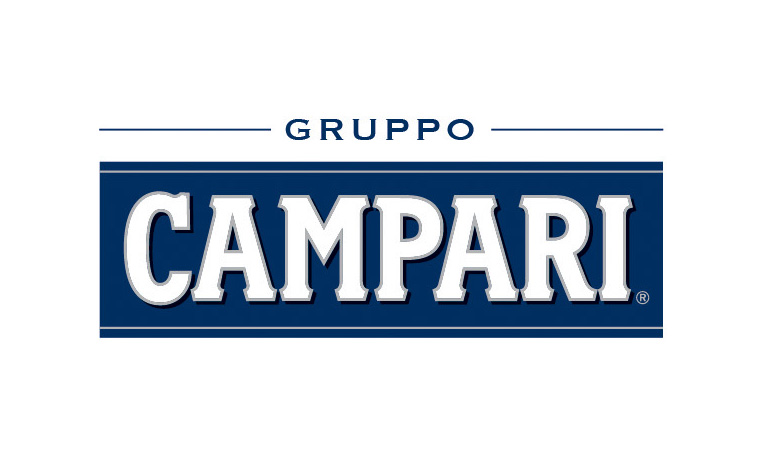The power of habits in business: Campari case study

Our life is largely dictated by habits.
Our habits govern, consciously or unconsciously, up to 95% the choices we make and the decisions we make every day.
And as MIT researchers have demonstrated, bad habits are hard to quash.
Let’s look at an example: Say you have a colleague who is not particularly friendly, with whom a chance encounter is enough to trigger an emotional-cognitive-behavioural reaction causing you to be nervous, for no real reason. Or vice versa, if you come across a person you find pleasant, you smile without even realizing it.
The chains of habits are too weak to be felt, until they are too strong to be broken. Samuel Johnson
Knowing how to recognise habits makes us aware of them and offers us the ability to create new, more appropriate ones. This is the key point. In fact, it is one of the fundamental principles of a Lean Lifestyle®, Lenovys’ methodology for combining high performance and well-being in businesses.
Designing new habits
The biological roots of existing habits go so deep that they cannot be changed. They can only be replaced by another that helps us achieve the desired result. Where there is an equality in talent and ability, in sports as in work, in personal and social life, the best performances are obtained by people who know how to use the positive force of habit, that is, the voluntary and systematic repetition of a behaviour until it becomes so ingrained and “easy” to execute to perfection, even under high pressure situations, in pursuit of an objective.
Knowing how to create new habits, as well as knowing how to dispose of old ones that are of little use, is therefore a key skill of a Lean Leader.
Without this skill it is difficult to expect lasting change and, above all, to effectively develop yourself and your team.
Leading and developing others
For this reason, if you want a group to become autonomous in carrying out any operation, you need to consider what support habits to design and allow to take root within that group.
There is little hope of achieving lasting results and established organisational behaviours without habits.
In order to develop people within the company you must ask yourself what tools and methods can form an integral part of these new habits with regards to the results to be obtained.
For example, getting people accustomed to making constant use of visual management so that it is clear at all times what the goal to be achieved is and what the current state is – in any context, from production up to managerial and administrative levels – to facilitate a real-time understanding of what is happening, current problems and who is doing what to solve them.
This will contribute greatly to focusing on what we want to happen, while developing a Lean culture based on facts and figures, and hindering the habit of wasting time and effort on unimportant details and discussions.
Lean Leaders, therefore, are oriented towards the growth of their organisation through the development of the organisation’s people and know that this is done by not issuing orders left and right, not by prescribing actions that must be followed without question, but by wondering how to support them day by day “from the bottom up” and how to get the best from them; in reality, their final objective should be taking themselves out of the picture.

This is also why Lean leaders must necessarily oversee operations and see what actual habits are in place, provide feedback in order to remove obstacles, the actions to be taken to increase skills and make the group more effective in achieving significant improvements.
Campari case study
(excerpt from “Toyota Way for Lean Leadership“, Hoepli 2015)
With a turnover of 1,656,800,000 (2015), the Campari Group today owns 45% of the world’s alcoholic drink brands.
Among the main stages in the process of acquiring these international brands, was that of Aperol (Produced at the Canale (CN) plant) by the Irish group CC&C in 2003.
To support the development of this famous aperitif (Aperol), a project aimed at increasing productivity by increasing the technical and managerial skills of existing resources on the lines was undertaken in 2013 – in partnership with Lenovys – with a positive impact on business performance.

In particular, the resources in these departments possessed great technical process skills but very little decision-making and operational autonomy: problems arose when deciding what actions took priority, when there were breakdowns in communications or misunderstandings and when people leapt to assumed solutions without first systematically looking for causes and sharing this information. Stress arose from employing much more time than necessary “putting out fires”, and therefore under pressure in urgent situations, rather than systematic actions based on preventing these instances.
Creating new skills and habits
The first skill to improve was the skill of structured problem-solving. The work was structured in several steps:
- Classroom training, with simulations and tests;
- Operational improvement projects in the field followed by one or more mentors;
- Consolidating habits with ad hoc organisational elements to spread a culture of effective troubleshooting (using reports Kaizen sheet (or A3 report) and daily production reviews, namely a daily production meeting aimed at guiding production to meet quantity, quality and efficiency targets, and at the same time resolving any issues that emerged).
“Learning how to give feedback is a pillar of Lean Lifestyle® People Development – according to Daniele Saracco, former director of the Canale plant during the time of that project and current director of the Novi plant -, and the results we registered were evident in the improved attitude of team members. The relationship between action and reaction has helped to solidify our awareness of what we can do. Everyone was learning to give feedback to themselves and to others. Knowing how to give and receive feedback encourages growth!”
The growth of good habits has allowed us to:
- Reduce the duration of meetings from 60 minutes to 20 minutes;
- Increase focus on common goals and the speed responding to problems;
- Raise awareness of a continuous improvement programme, where the employees, with their skills, their choices, their autonomy and their responsibility are the key players.
“It was great to see – says Stefano Franco, global maintenance director of Campari – how people have learned to measure themselves through clear and objective indicators, and how not only their perception of their importance has changed, but also of their responsibilities. Previously they were used to carrying out work on machines mainly in the event of a failure or emergencies of a different nature, and therefore essentially in a reactive way. Now a much more proactive way prevails, having acquired the habit of literally taking care of the machines they are responsible for. People in production, depending on their role, have become accustomed to observing loss of productivity on the lines, analysing them, and reacting with specific action plans every time a loss exceeds a critical threshold. This also allows a reduction in stress levels due to emergency and failure management that compel them to act quickly under considerable pressure.”
Results
- Line faults: – 80%
- Short interruptions: – 60%
- Overall Equipment Effectiveness: + 6%
These results have allowed us to increase the required production volumes without resorting to investing in new equipment, but by having chosen to invest in the development of our people.
This is the most important victory. Thanks to the support received and the development plan undertaken, the group has improved its quality of life at the factory while at the same time achieving much better performance. And now, it continues to do so, practically by itself. In the full spirit of the Lean Lifestyle®.
Article by:

LUCIANO ATTOLICO
CEO of Lenovys
Luciano is among the leading experts of Lean Thinking, Lean Lifestyle, Performance Improvement, Lean Lifestyle® and Impact Innovation in Europe. His professional philosophy has people at its heart, leading them to search for methods that can ensure better results with less effort and greater well-being.


